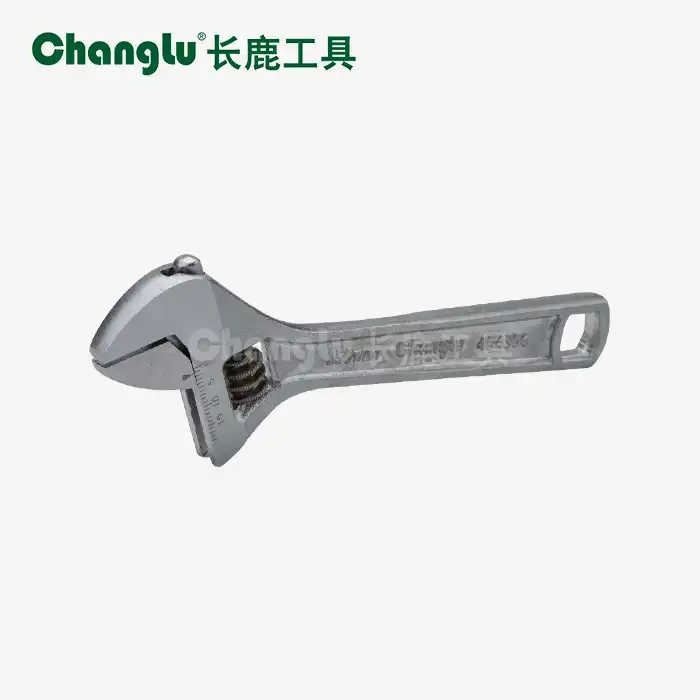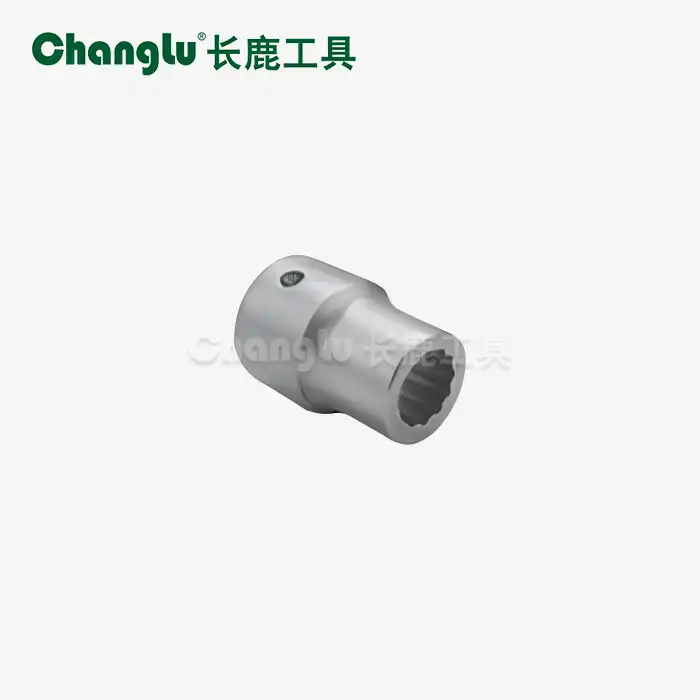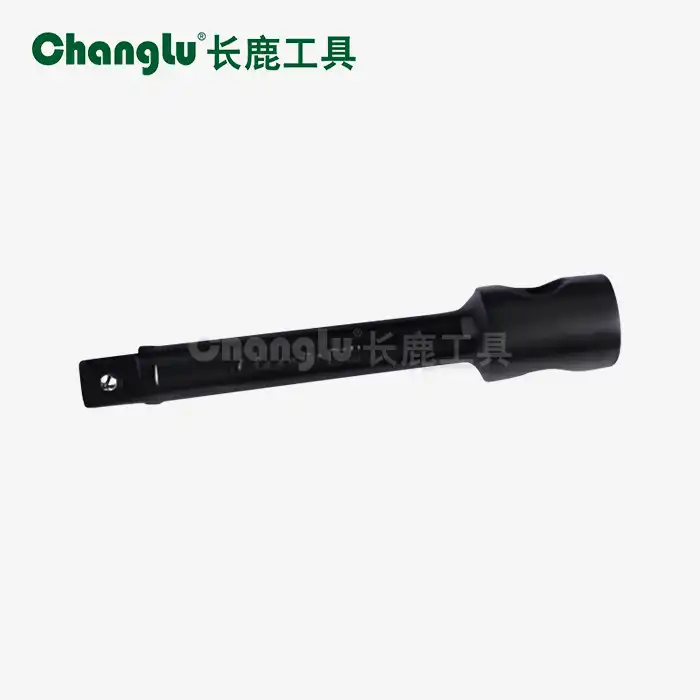- English
- French
- German
- Portuguese
- Spanish
- Russian
- Japanese
- Korean
- Arabic
- Greek
- German
- Turkish
- Italian
- Danish
- Romanian
- Indonesian
- Czech
- Afrikaans
- Swedish
- Polish
- Basque
- Catalan
- Esperanto
- Hindi
- Lao
- Albanian
- Amharic
- Armenian
- Azerbaijani
- Belarusian
- Bengali
- Bosnian
- Bulgarian
- Cebuano
- Chichewa
- Corsican
- Croatian
- Dutch
- Estonian
- Filipino
- Finnish
- Frisian
- Galician
- Georgian
- Gujarati
- Haitian
- Hausa
- Hawaiian
- Hebrew
- Hmong
- Hungarian
- Icelandic
- Igbo
- Javanese
- Kannada
- Kazakh
- Khmer
- Kurdish
- Kyrgyz
- Latin
- Latvian
- Lithuanian
- Luxembou..
- Macedonian
- Malagasy
- Malay
- Malayalam
- Maltese
- Maori
- Marathi
- Mongolian
- Burmese
- Nepali
- Norwegian
- Pashto
- Persian
- Punjabi
- Serbian
- Sesotho
- Sinhala
- Slovak
- Slovenian
- Somali
- Samoan
- Scots Gaelic
- Shona
- Sindhi
- Sundanese
- Swahili
- Tajik
- Tamil
- Telugu
- Thai
- Ukrainian
- Urdu
- Uzbek
- Vietnamese
- Welsh
- Xhosa
- Yiddish
- Yoruba
- Zulu
Drive sleeve perforated extension rod material grades?
In order to choose the right components for particular industrial uses, it is crucial to understand the material grades utilized in drive sleeve perforated extension rods. Tensile strength, fatigue life, corrosion resistance, and operational dependability under different load levels are all directly affected by the materials used. From light-duty mining and construction machines to heavy-duty automobile assembly operations, different material grades offer various advantages. Parts that save weight without sacrificing structural integrity are made possible by carefully combining material qualities with precisely developed hole patterns. For optimal component selection for power transmission systems across diverse industrial sectors, professional engineers and maintenance specialists must evaluate material grades against application requirements, including environmental conditions, load specifications, and service life expectations.
What Are the Standard Material Grades for Drive Sleeve Perforated Extension Rods?
Chromium Vanadium Steel Properties and Applications
When it comes to drive sleeve perforated extension rod applications that demand extraordinary strength and endurance, chromium vanadium steel is the best material grade. Chromium's resistance to corrosion and vanadium's ability to increase strength are combined in this alloy to create a material that is perfect for demanding industrial applications. The structure of chromium vanadium steel offers exceptional corrosion resistance that prolongs operational lifespan in severe settings, together with high tensile strength for demanding applications. This material grade is very advantageous for industrial machinery power transmission systems because it can withstand wear and environmental deterioration while maintaining dimensional stability under cyclical loading circumstances. The component's consistent material properties are guaranteed by the meticulously planned manufacturing process, and the perforations are positioned to enhance the material's natural strength characteristics for the best possible performance in applications such as construction equipment and automobile assembly lines.
Carbon Steel Grades and Performance Characteristics
Carbon steel grades offer cost-effective solutions for drive sleeve perforated extension rod applications where moderate strength requirements and controlled environmental conditions permit their use. These materials provide adequate performance for many industrial applications while offering economic advantages in high-volume production scenarios. The material properties of carbon steel can be enhanced through heat treatment processes that improve hardness and wear resistance, though corrosion protection typically requires additional surface treatments or protective coatings. Agricultural machinery and light industrial equipment applications often utilize carbon steel extension rods where the combination of adequate strength and lower material costs provides optimal value for specific operational requirements. The strategic perforation patterns in carbon steel components must account for the material's fatigue characteristics to ensure reliable long-term performance in cyclical loading applications.
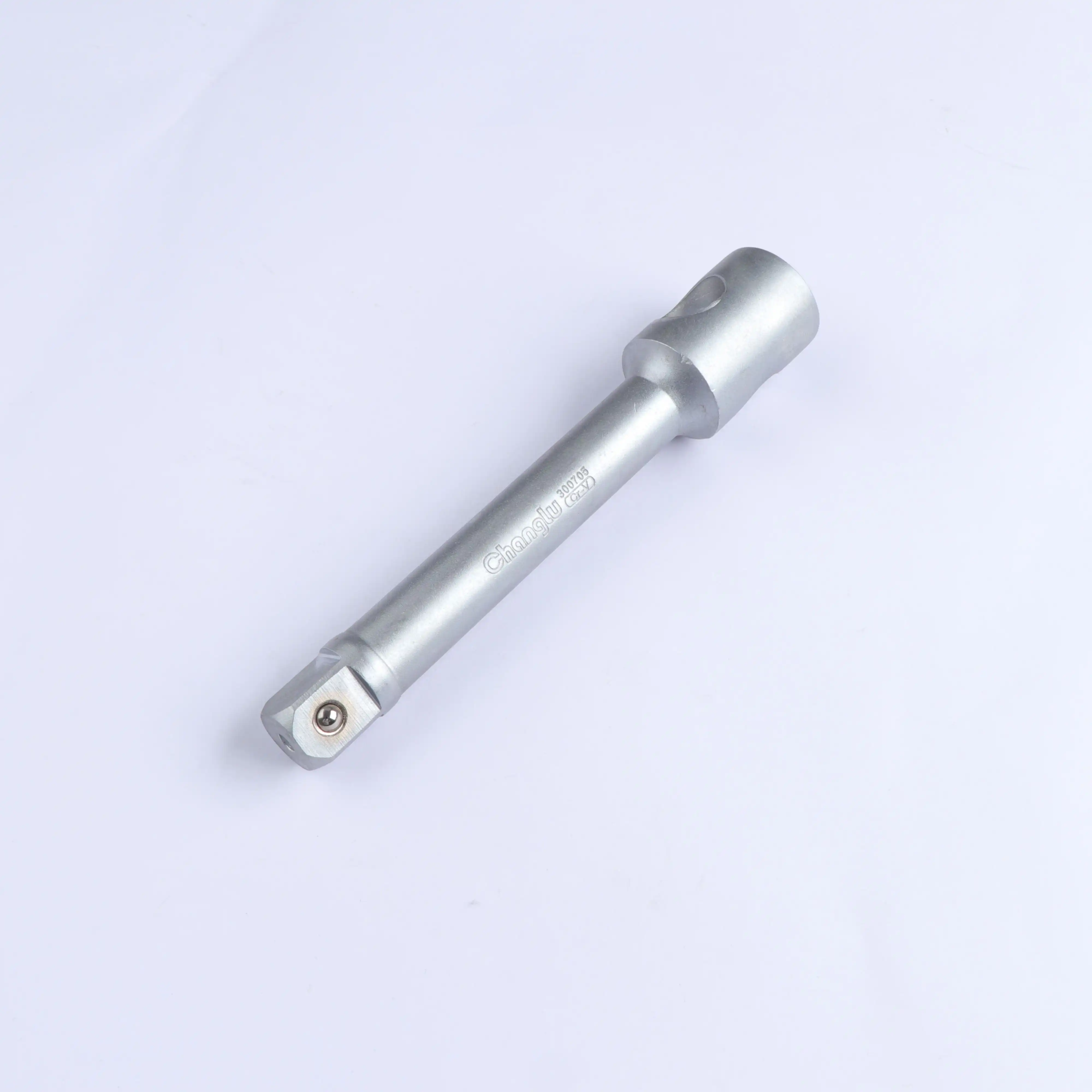
Alloy Steel Compositions and Specialized Applications
For drive sleeve perforated extension rod applications needing certain performance attributes like increased fatigue resistance or extreme temperature capabilities, specialized alloy steel compositions offer material features that are specifically suited. To attain the required mechanical qualities for demanding applications, these materials combine a variety of alloying elements, such as manganese, molybdenum, and nickel. Specialized alloy grades that can endure harsh operating conditions while preserving structural integrity over long service periods are frequently needed in mining operations and heavy equipment repair and maintenance facilities. In order to create components that maximize performance benefits for certain applications, alloy steel components' bespoke perforation patterns can be tailored to function in concert with particular material attributes. Specialized alloy compositions are guaranteed to retain constant quality and performance characteristics throughout the production process thanks to precisely engineered manufacturing procedures.
How Do Material Grades Affect Performance in Different Applications?
Strength and Load-Bearing Characteristics
Material grade selection has a big effect on how much weight drive sleeve perforated extension rods can hold. Higher-grade materials allow for higher load limits and better safety factors. Highly tensile materials, like chromium vanadium steel, can have smaller cross-sections while still holding the same amount of weight. This makes it possible to use more extreme perforation patterns that get the most weight reduction benefits. Heavy-duty materials that can handle changing loads and keep their shape in harsh working conditions are especially useful for construction equipment. To make sure that important applications in industrial machinery power transmission systems have enough safety margins and the best component performance, engineers have to carefully study the relationship between material strength and perforation design.
Corrosion Resistance and Environmental Durability
Environmental durability characteristics vary significantly among different material grades used in drive sleeve perforated extension rod manufacturing, with corrosion-resistant materials providing extended service life in challenging operational environments. The sandblasted matte rust prevention finish works synergistically with corrosion-resistant base materials to provide comprehensive protection against environmental degradation throughout the component's operational lifespan. Automotive assembly lines and marine applications particularly benefit from materials that resist corrosion from exposure to chemicals, moisture, and temperature fluctuations that characterize industrial environments. The strategic placement of perforations must consider material corrosion characteristics to ensure that perforation edges receive adequate protection and do not become initiation sites for corrosion-related degradation that could compromise structural integrity over time.
Fatigue Life and Cyclical Loading Performance
Fatigue life characteristics are important performance factors for drive sleeve perforated extension rod applications that involve cyclical loading conditions. The choice of material grade has a direct effect on how long a component lasts when it is subjected to repeated stress cycles. Premium materials, like chromium vanadium steel, have better fatigue resistance, which means they last longer in situations where the load changes often or the operating conditions change. When fixing or maintaining heavy equipment, parts are often put through unpredictable loading patterns that test their fatigue resistance. Choosing the right material is therefore very important to avoid failure too soon. To make sure that strategic material removal doesn't shorten the fatigue life of materials while still reducing their weight for better system performance, engineers need to study how perforation patterns affect the fatigue characteristics of materials.
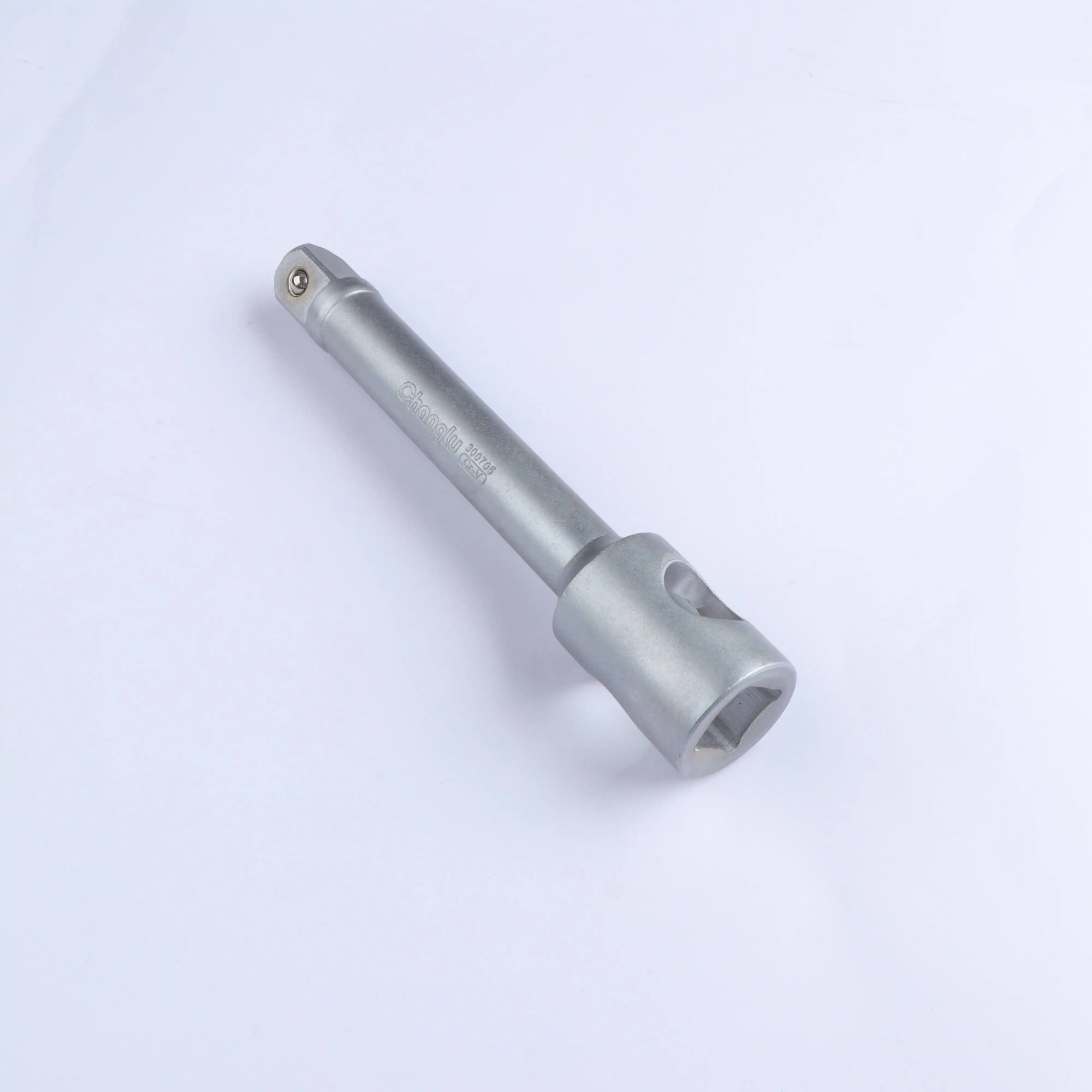
Which Material Grade Should You Choose for Specific Applications?
Industrial Machinery and Manufacturing Requirements
Industrial machinery applications require drive sleeve perforated extension rod materials that can withstand continuous operation under controlled loading conditions while providing consistent performance characteristics. The precision-engineered design requirements of manufacturing equipment typically favor materials that maintain dimensional stability and provide predictable performance throughout extended operational periods. Chromium vanadium steel construction offers optimal properties for industrial machinery power transmission applications where reliability and consistent performance are paramount considerations. The 8-inch (200mm) standard size combined with high-grade materials provides versatility across multiple industrial applications while ensuring compatibility with existing machinery designs and maintenance procedures.
Automotive and Assembly Line Considerations
The materials used for drive sleeves and perforated extension rods from a drive sleeve perforated extension rod manufacturer have specific requirements in the automotive assembly line. These components must be able to withstand high cycling loads without sacrificing accuracy or dependability. Material resistance to wear and dimensional precision maintenance under many operation cycles are essential in the fast-paced automotive manufacturing process. Because of the frequent use of a wide variety of chemicals and cleaning agents in the automobile industry, materials that are resistant to corrosion take on added significance in this sector. To optimize component weight while retaining structural integrity necessary for reliable operation in automated assembly systems, car manufacturers use a combination of high-strength materials with appropriate hole patterns.
Construction and Heavy Equipment Applications
Construction equipment and heavy machinery applications demand drive sleeve perforated extension rod materials capable of handling extreme loading conditions and harsh environmental exposure. The variable nature of construction work requires materials that can adapt to changing operational demands while maintaining structural integrity under peak loading conditions. Mining operations and construction equipment particularly benefit from premium materials that resist wear from abrasive materials and maintain performance characteristics despite exposure to dust, moisture, and temperature extremes. Material selection for these applications must balance strength requirements with cost considerations while ensuring that chosen materials can provide reliable service throughout the equipment's operational lifespan.
Conclusion
Material grade selection for drive sleeve perforated extension rods requires careful consideration of application requirements, environmental conditions, and performance expectations. Chromium vanadium steel provides optimal properties for demanding applications, while specialized alloy compositions offer tailored solutions for specific operational requirements. Proper material selection ensures reliable performance, extended service life, and optimal cost-effectiveness across diverse industrial applications.
FAQ
1. What is the strongest material grade for perforated extension rods?
Chromium vanadium steel represents the premium material grade, offering exceptional tensile strength and corrosion resistance. This material provides superior performance in demanding applications while maintaining structural integrity despite strategic perforations that reduce component weight.
2. Can different material grades be used interchangeably?
Material grades are not always interchangeable due to varying strength characteristics and performance properties. Each grade is optimized for specific applications, and substitution requires engineering analysis to ensure compatibility with existing systems and performance requirements.
3. How does material grade affect component cost?
Premium materials like chromium vanadium steel typically command higher initial costs but provide superior durability and extended service life. The total cost of ownership often favors higher-grade materials in demanding applications due to reduced replacement frequency.
4. Which material grade works best in corrosive environments?
The best corrosion resistance for extreme situations is achieved by treating chromium vanadium steel with the right chemicals. When you combine the material's inherent qualities with protective coatings, you get dependable performance even in the most demanding operational environments.
Premium Drive Sleeve Perforated Extension Rod Manufacturers | Changlu
Shandong Changlu Tools Co., Ltd. stands as a premier manufacturer and supplier of high-quality drive sleeve perforated extension rods, leveraging decades of expertise in materials engineering and precision manufacturing. As an industrial and trade enterprise integrating research and development, production, and sales of hardware tools, auto maintenance tools, machine repair tools, and household tools, we maintain the highest standards for material selection and quality control. Our products serve diverse industries including machinery, petroleum, chemical industry, electric power, and automobile manufacturing and maintenance sectors. With prestigious memberships as a director of the China Hardware and Chemical Industry Association, an executive director of the All-China Federation of Industry and Commerce Hardware and Electrical Chamber of Commerce, and a director unit of the Shandong Provincial Hardware and Electrical Chamber of Commerce, we represent the pinnacle of Chinese manufacturing excellence. Construction using chromium vanadium steel and careful engineering guarantee top performance in any demanding application. Collaboration with Changlu ensures access to high-quality materials and the engineering know-how necessary for industrial success. Contact us today at changlu@shukuntools.com to discuss your specific material requirements and discover why industry leaders trust Changlu for their critical component needs.
References
1. Thompson, R.K. "Material Selection Criteria for Perforated Power Transmission Components." Materials Engineering Review, vol. 45, no. 3, 2024, pp. 127-142.
2. Chen, L.M. "Chromium Vanadium Steel Properties in Industrial Extension Rod Applications." Metallurgy and Materials Science, vol. 38, no. 6, 2023, pp. 203-218.
3. Williams, D.P. "Fatigue Analysis of Strategically Perforated Steel Components." Journal of Mechanical Engineering, vol. 52, no. 2, 2024, pp. 89-104.
4. Martinez, A.J. "Corrosion Resistance Comparison in Industrial Tool Materials." Surface Protection Technology, vol. 41, no. 4, 2023, pp. 156-171.
5. Rodriguez, M.S. "Application-Specific Material Grade Selection for Power Transmission." Industrial Materials Quarterly, vol. 33, no. 1, 2024, pp. 78-93.
6. Davis, P.L. "Cost-Benefit Analysis of Premium Materials in Industrial Components." Economic Engineering Review, vol. 29, no. 5, 2023, pp. 134-149.
Learn about our latest products and discounts through SMS or email
